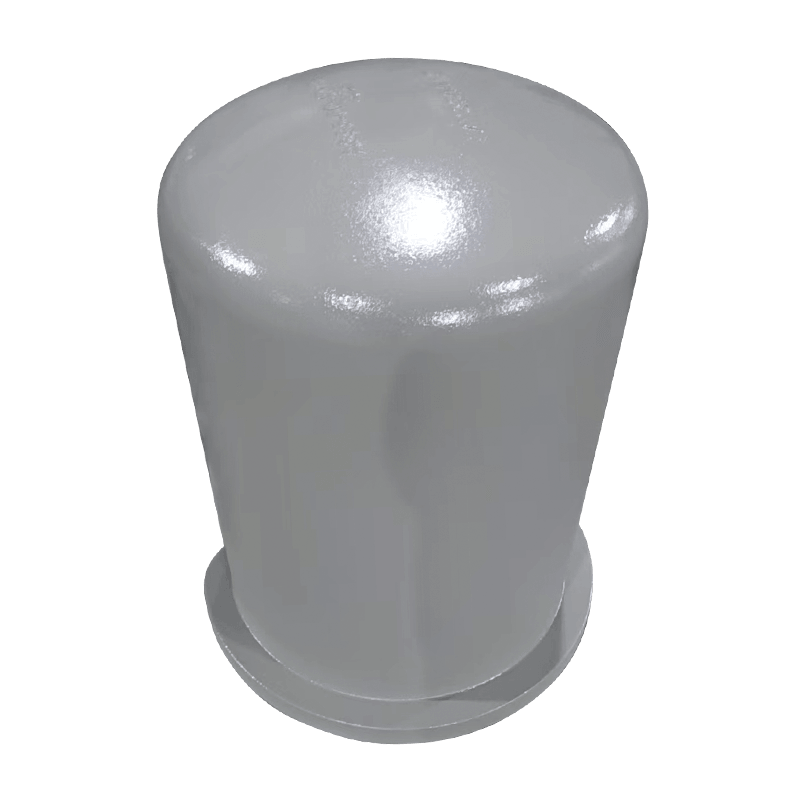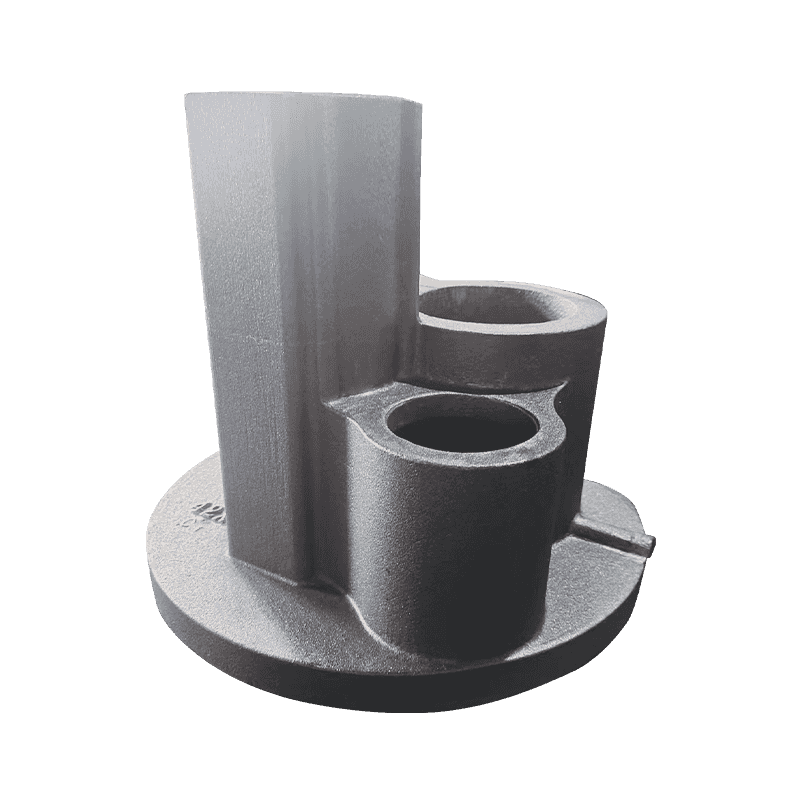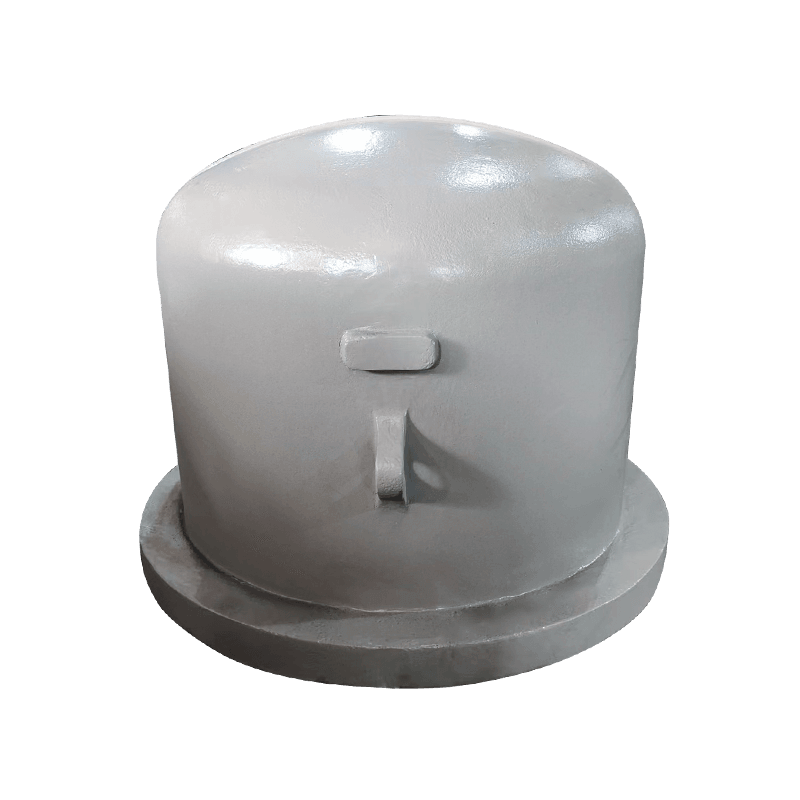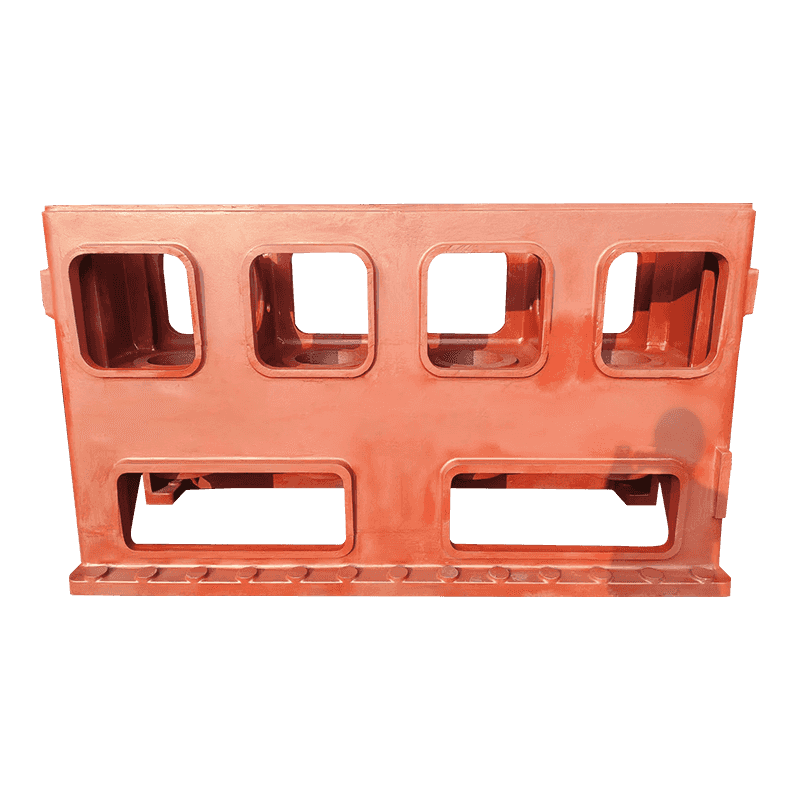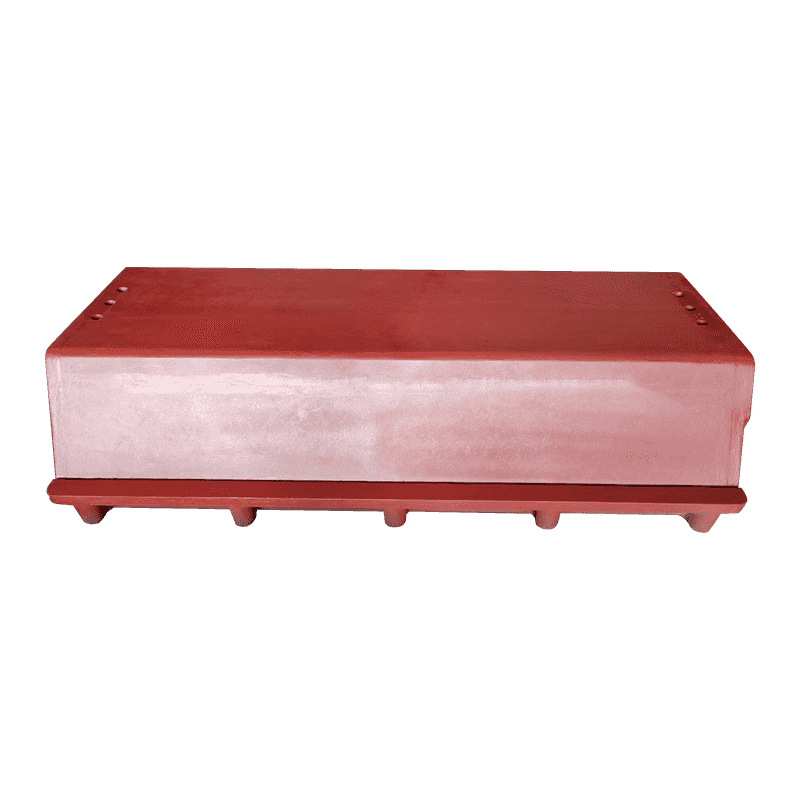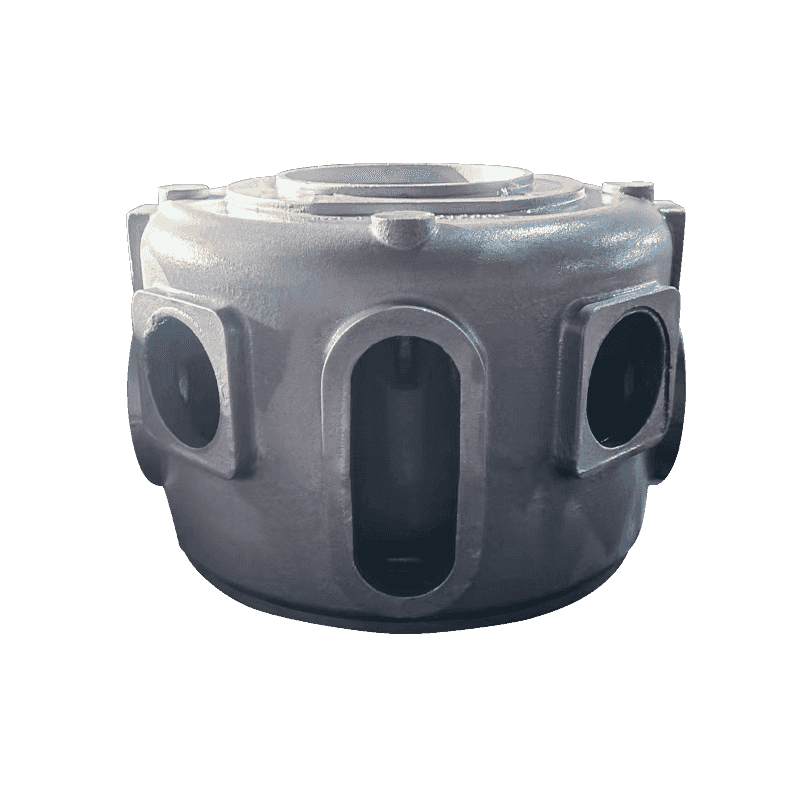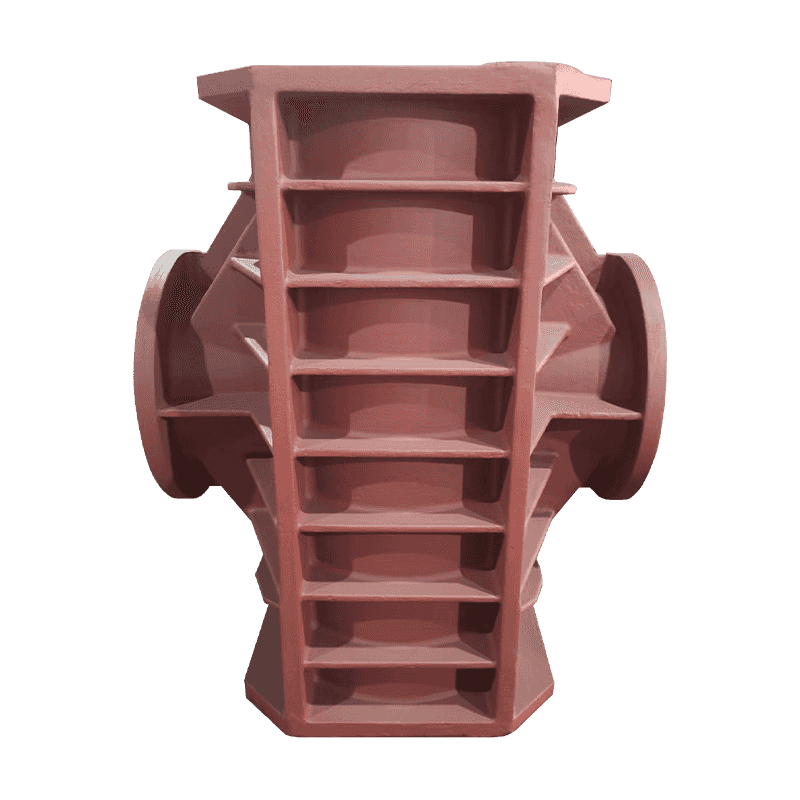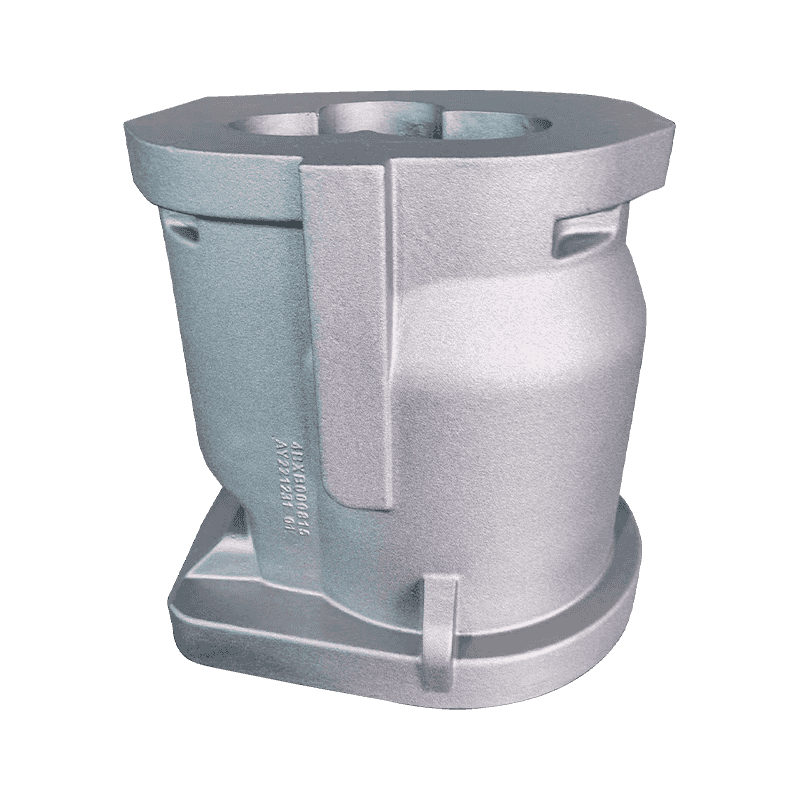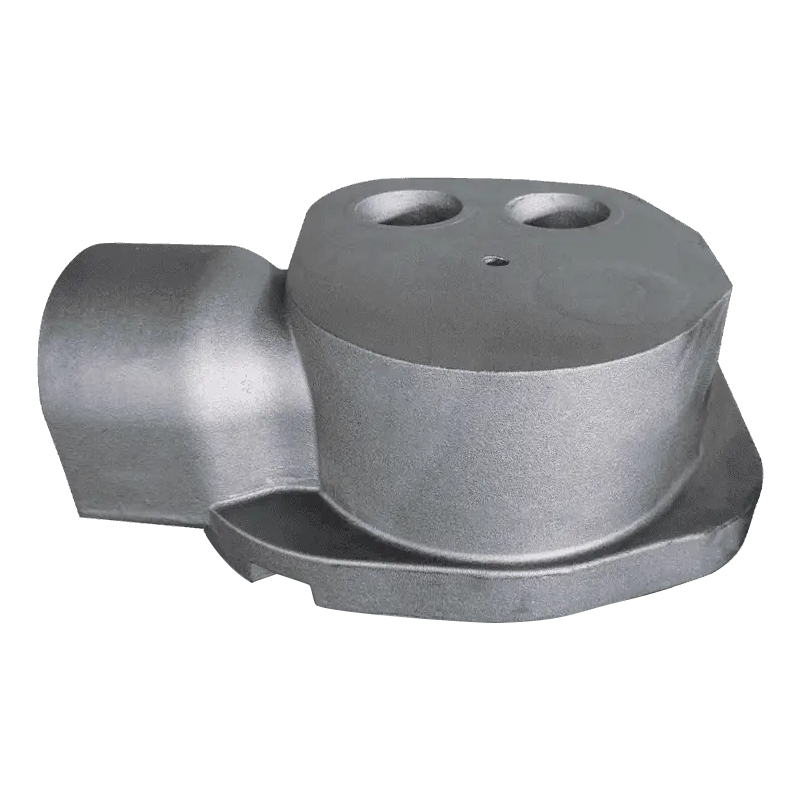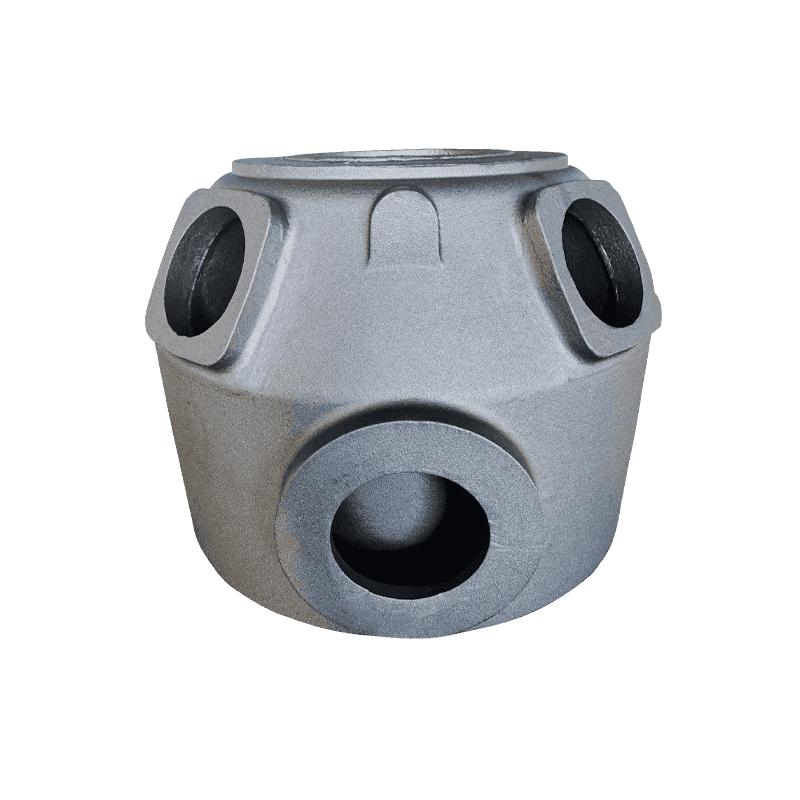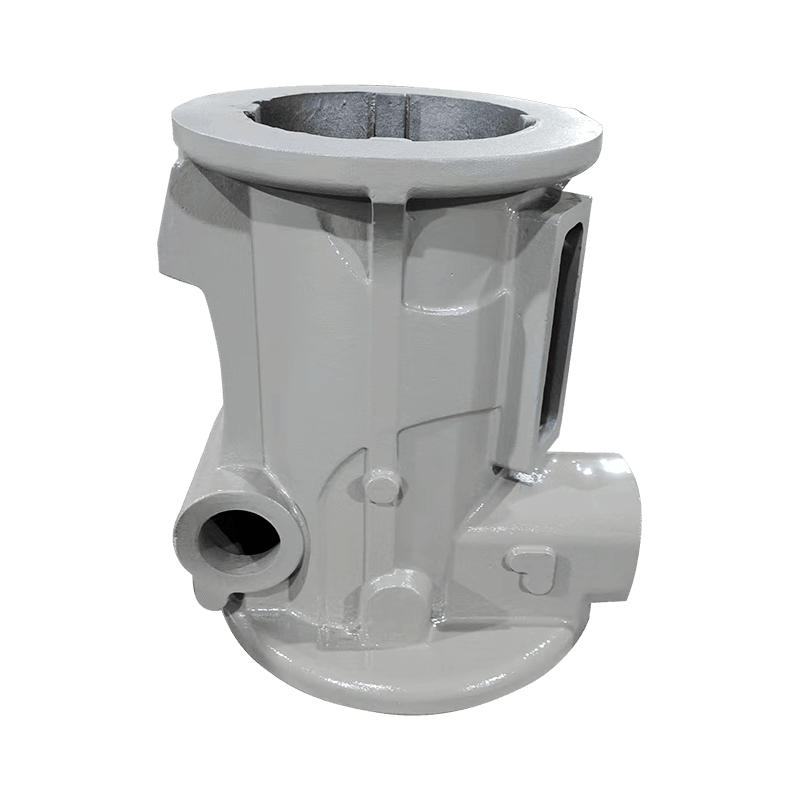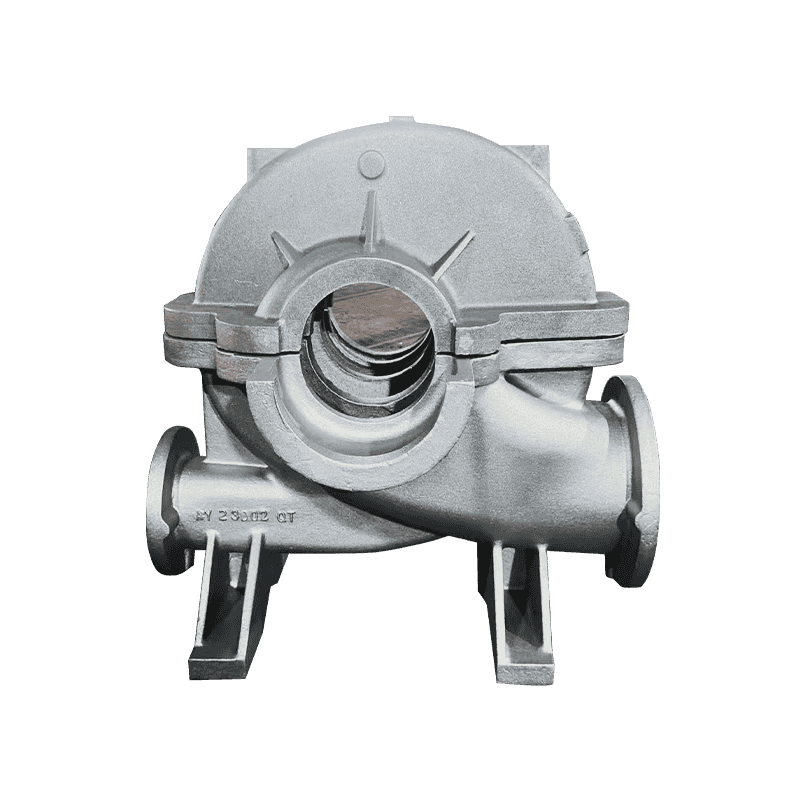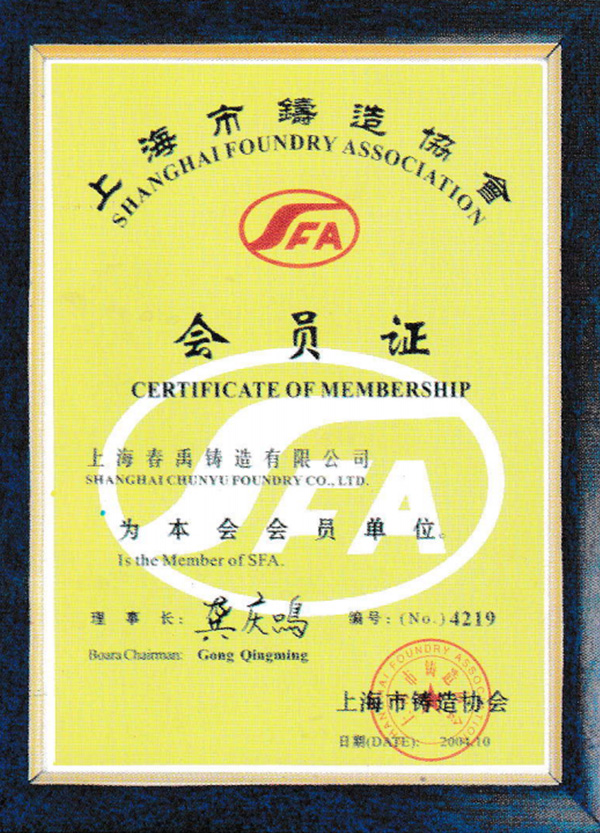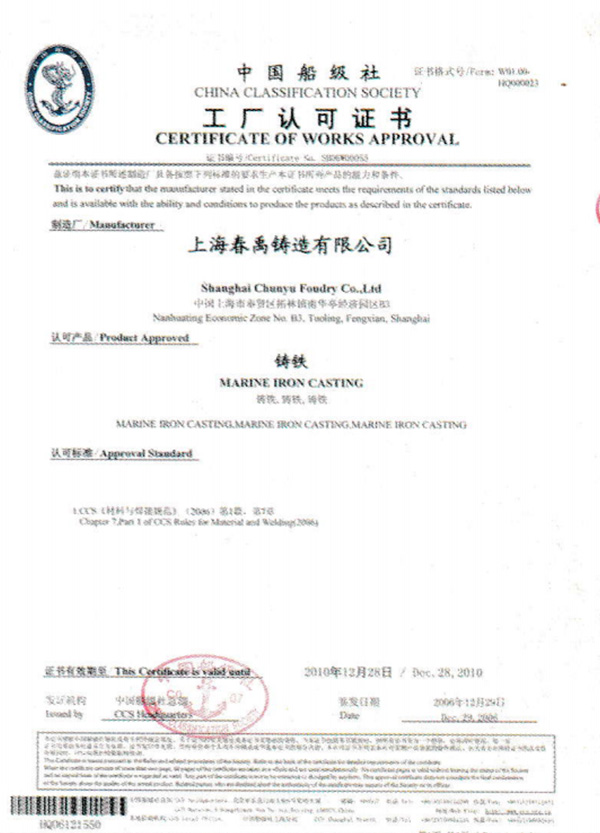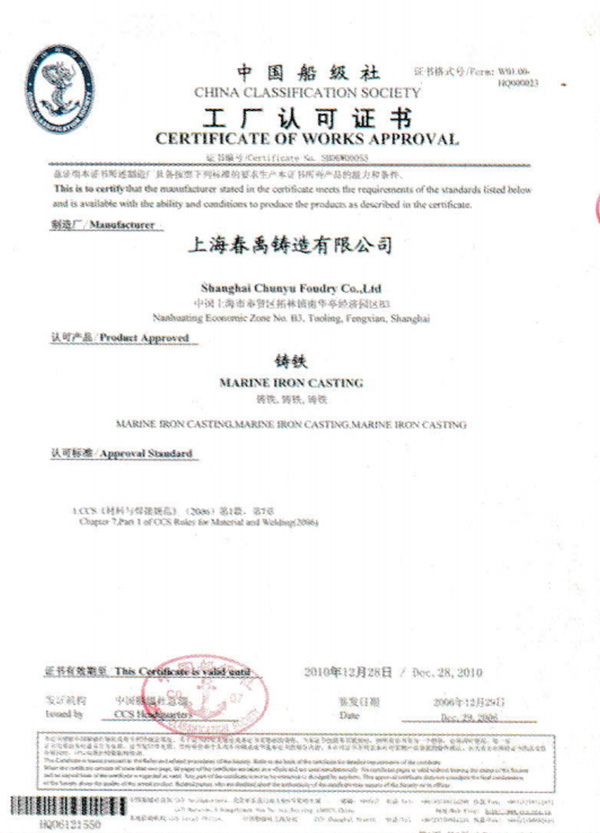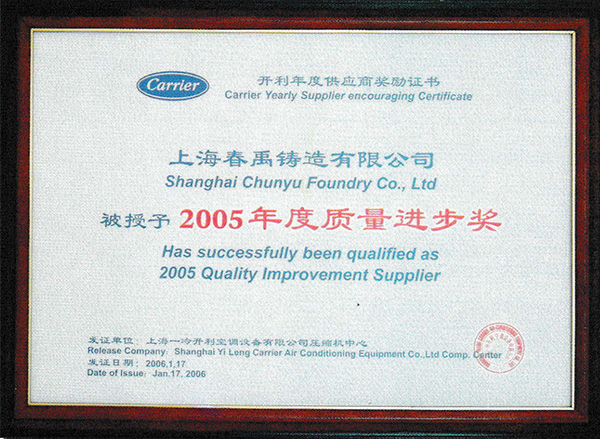1.Better Strength and High Toughness for Superior Mechanical Properties
Compressor oil buckets are essential components in various industrial applications, particularly in compressor systems where they play a crucial role in holding and dispensing lubricants. The performance and longevity of these buckets are significantly influenced by the strength and toughness of the materials used in their manufacture. High-quality castings are fundamental to achieving these desirable properties.
Strength in compressor oil buckets is vital for withstanding high-pressure environments and mechanical stresses. Castings made from premium materials, such as high-grade alloys or specialized composites, offer exceptional load-bearing capabilities. These materials are selected for their ability to resist deformation under pressure, ensuring that the buckets can handle the weight and pressure of the oil they contain without compromising structural integrity. This is especially important in high-performance compressors where the operational pressures can be quite substantial.
Toughness, on the other hand, refers to the material's ability to absorb energy from impacts or vibrations without fracturing. In industrial settings, compressor oil buckets are subjected to various forms of mechanical stress, including vibrations from the compressor operation and occasional impacts during handling or maintenance. High toughness in castings helps the buckets withstand these stresses without developing cracks or other forms of damage. This resilience is achieved through advanced casting techniques and the use of high-quality alloys that are designed to offer a balance between strength and ductility.
The combination of high strength and toughness results in a compressor oil bucket that is not only durable but also reliable under various operating conditions. Buckets with these properties are less likely to experience failure or degradation over time, reducing the need for frequent replacements and maintenance. This reliability translates to lower operational costs and improved efficiency, as the buckets continue to perform optimally throughout their service life.
Advanced casting technologies, such as precision casting or high-pressure die casting, further enhance the mechanical properties of the buckets. These methods ensure that the castings are free from defects and inconsistencies, providing a uniform and robust material structure. The result is a compressor oil bucket that meets the stringent demands of industrial applications, offering both superior strength and high toughness.
2.Adaptability to Low-Temperature Working Environments
In many industrial and commercial applications, compressor oil buckets are exposed to a range of environmental conditions, including low temperatures. The ability of these buckets to perform effectively in cold environments is crucial for ensuring reliable operation and preventing failures that could disrupt industrial processes.
High-quality castings are specifically designed to maintain their mechanical properties in low-temperature settings. Materials used in these castings are chosen for their ability to retain strength and toughness even when temperatures drop significantly. Traditional metals and alloys can become brittle at low temperatures, leading to a higher risk of cracking or failure. However, advanced materials and specialized treatments can enhance the cold resistance of castings, ensuring that compressor oil buckets continue to perform reliably in such conditions.
One of the key factors in achieving low-temperature performance is selecting materials with a low coefficient of thermal expansion. This property ensures that the bucket does not undergo significant dimensional changes when exposed to temperature fluctuations, which could otherwise lead to issues such as leakage or improper sealing. Additionally, materials with good low-temperature ductility can better absorb and distribute stresses, reducing the risk of brittle fracture.
Casting techniques also play a role in ensuring that the buckets are suitable for low-temperature environments. For example, processes such as controlled cooling and heat treatment can be used to fine-tune the material properties, enhancing their performance at lower temperatures. These techniques help to minimize the risk of thermal shock and ensure that the buckets remain functional and durable.
3.Ensuring Fatigue Strength for Long-Term Reliability
Fatigue strength is a critical attribute for compressor oil buckets, particularly in applications where they are subjected to cyclic loads and repetitive stress. The ability of these buckets to withstand such stresses without failing is essential for ensuring long-term reliability and reducing maintenance requirements.
Fatigue strength refers to a material's ability to resist fracture under repeated loading cycles. In the context of compressor oil buckets, this involves withstanding the cyclic pressures and mechanical forces that occur during operation. Over time, these repetitive stresses can lead to the development of cracks or other forms of damage if the material is not adequately resistant to fatigue.
High-quality castings are designed to enhance fatigue strength through the use of advanced materials and manufacturing processes. For instance, alloy compositions and heat treatments can be optimized to improve the material's resistance to fatigue. Materials with fine-grained structures and homogeneous properties are less likely to develop fatigue cracks, as they offer improved resistance to the initiation and propagation of cracks under cyclic loading.
Manufacturers often employ techniques such as shot peening or surface hardening to further improve fatigue strength. Shot peening involves bombarding the surface of the casting with small spherical particles to induce compressive residual stresses, which counteract the tensile stresses that cause fatigue cracks. Surface hardening methods, such as nitriding or carburizing, increase the hardness and wear resistance of the material, contributing to its overall fatigue resistance.
Ensuring adequate fatigue strength in compressor oil buckets not only enhances their durability but also contributes to operational safety and efficiency. Buckets that are resistant to fatigue are less likely to fail unexpectedly, reducing the risk of downtime and costly repairs. This reliability is particularly important in high-demand applications where the consequences of a bucket failure could be significant.

